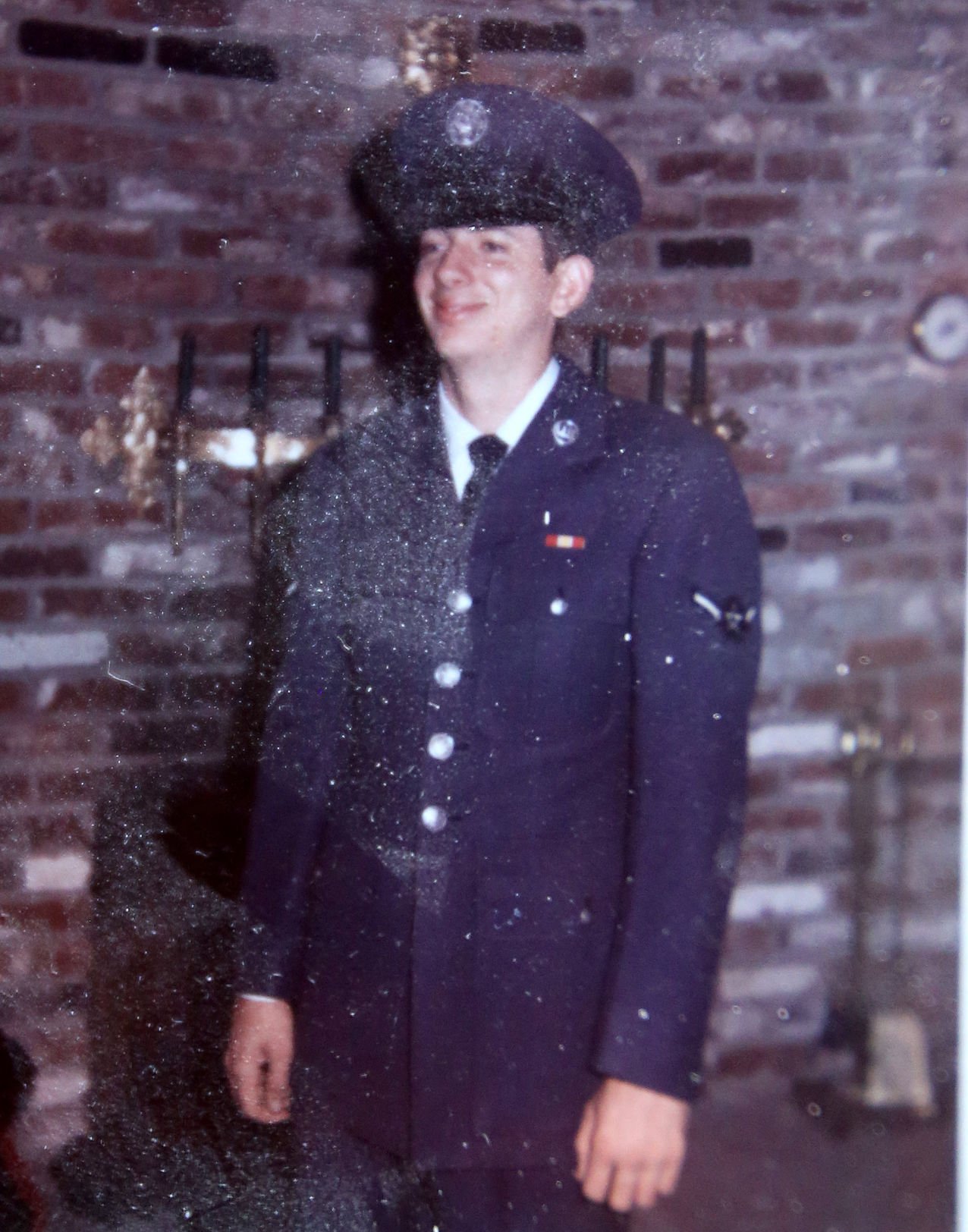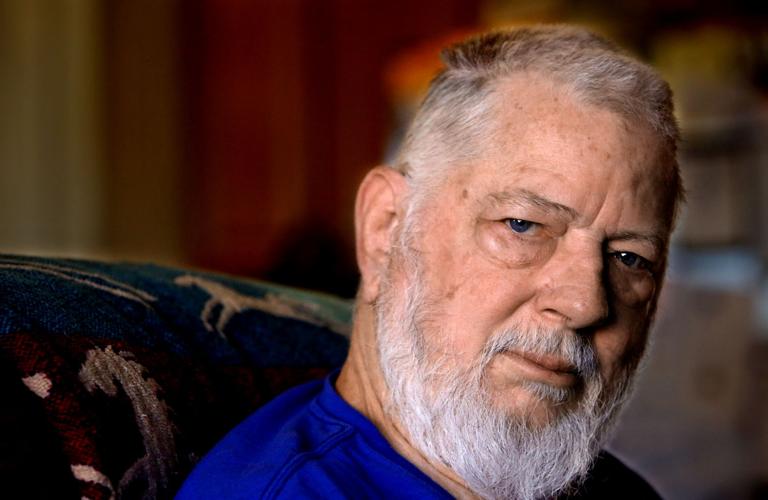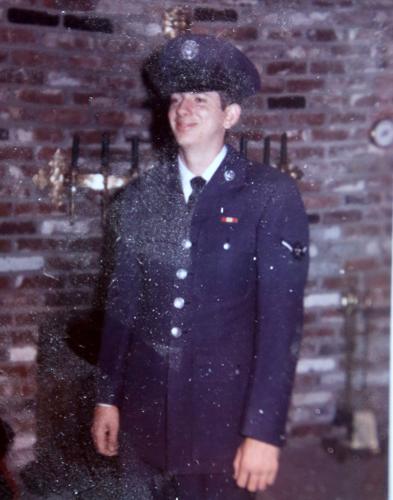More than four decades have passed since Tom Parker served in Vietnam, but he still feels the impact of his wartime experience.
The Air Force Buck Sergeant was sent to Vietnam in 1970, shortly after enlisting as a way to avoid the Army draft and, ironically enough, combat.
Serving in an intelligence role, Parker worked in forward air control, marking targets for fighters with smoke in the air, telling them where to drop bombs. On occasion, he went up in planes as an observer.
He also briefed pilots on what was happening in the area, advising them of where the enemy was and where they could safely land if needed.
“It was a rather pretty place and I always thought if it weren’t for the war it would be an interesting place to go as a tourist,” Parker, now 66, said of Vietnam.
But there was a war and with that came gruesome scenes that did a number on Parker, who to this day suffers from post-traumatic stress disorder.
“When I would go up in the planes, you see dead bodies and things like that, some of the destruction,” Parker recalled. “And because of my job I knew the impact we had — particularly the collateral damage.”
 |
It took Parker 35 years to seek treatment for his symptoms, which included disturbing dreams, anger, anxiety and suicidal thoughts. He felt fortunate to have been pulled aside by two pilots in Vietnam who connected him with a Christian group called the Navigators.
“That’s what kept me out of a lot of the stuff that would have otherwise run my life into the ground,” he said.
Today, thanks to his faith and help from Veterans Affairs, Parker says his PTSD is manageable and he believes the events that occurred happened so he could serve others.
As part of the organization Operation Eternal Freedom, Parker works with current and former service members as well as civilians who suffer from PTSD, sharing coping mechanisms, resources and encouragement through the faith-based program.
“The thing I found is, this whole PTSD thing is more than mental, it wounds the soul. It cuts against the very core of who we are,” Parker said. “To me, we need to go to the one that made us in order to have that heal, and that’s Jesus Christ.”
The challenge, Parker says, is getting those affected to recognize it and seek help. But when they do, Parker is there.
“These guys fought to keep us safe and we need to fight to keep them alive with what they’ve done for us and the price they’ve paid both physically and mentally,” Parker said.
Parker still encourages others to serve their country.
“It gave me a chance to grow up,” he said. “If you don’t know what you want to do, it’s a viable option. It’s a secure environment, you’re fed, you’re clothed, you’re paid, you learn discipline, good work ethic,” he said, “which is something a lot of younger folks may be lacking, and they can learn a skill, too.”





